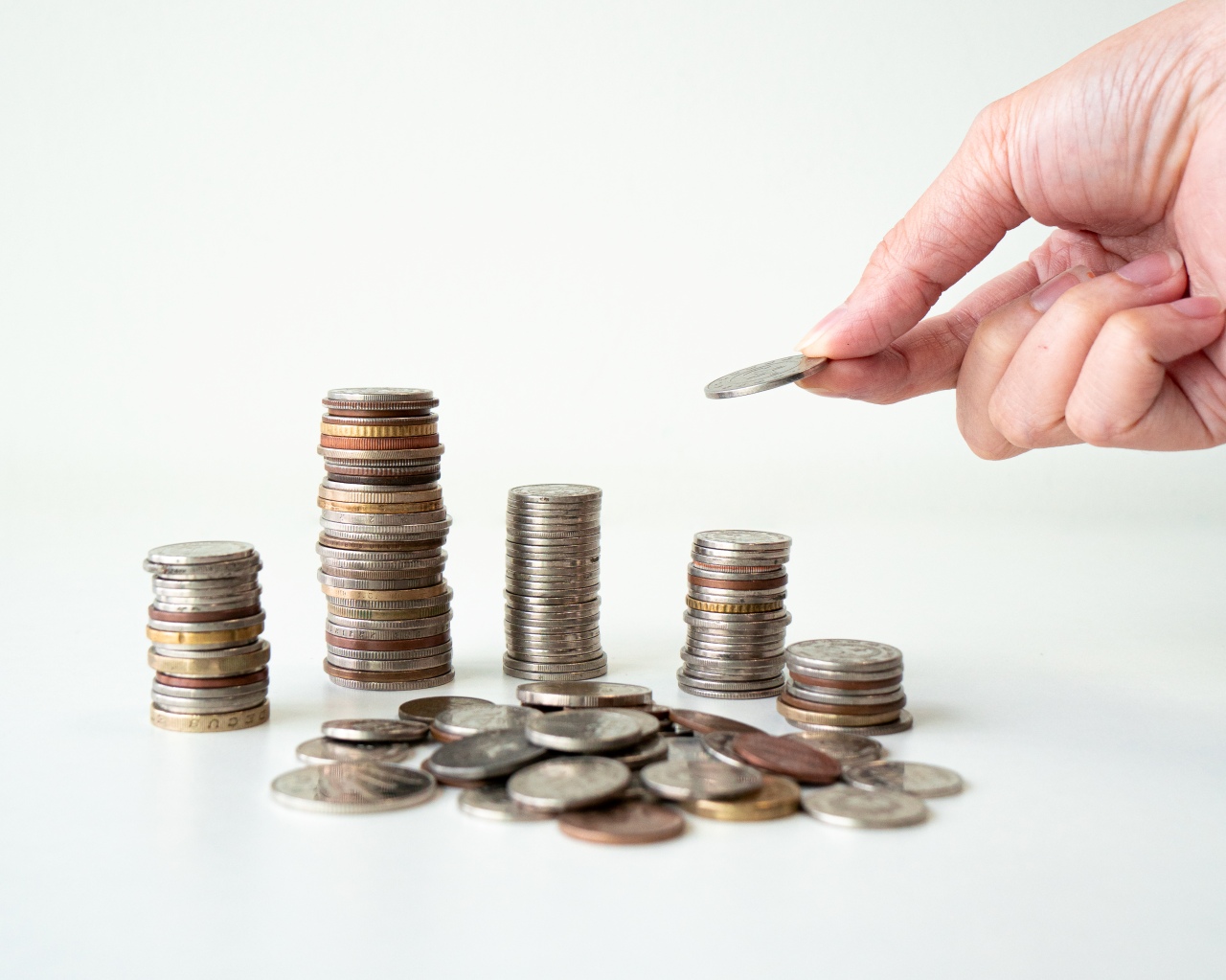For many people, the year 2022 is a bleak one, having incurred huge losses in stock or cryptocurrency trading. Unlike high-risk, high-return investments, there are people losing money despite expecting a reasonable rate of return because of their trust misplaced in a broker they have confided in. The sadness of losses coupled with the betrayed trust will inflict a psychological wound and then a scar that can hardly heal, and it will take a long time for confidence to be restored.
From domestic bonds…
Since 2019, the amount of corporate bonds issued has skyrocketed. Data from the Vietnam Bond Market Association showed the issuance of some VND325 trillion worth of corporate bonds in 2019, a two-fold increase over 2018, but the figure jumped to VND462 trillion in 2020 and VND659 trillion in 2021. Thus, after three years, the value of corporate bonds issued has jumped fourfold.
It is noted that the amount of bonds publicly issued was modest, accounting for just 5-7%, while the volume of bonds issued under private placements was overwhelming. In 2020-2021, real estate and banking industries alone accounted for some 70% of bonds issued. It is also noted that bonds for the most part were issued by unlisted firms with limited disclosure of their financial health, which pose risks to investors. The average bond coupon, therefore, is higher than deposit interest rates at banks. In 2021, the average bond coupon was 7.75% a year compared to the interest rate at 6.0-6.5% for 12-month deposits at many banks.
Generally, bonds issued under private placements target institutional or professional investors. Credit organizations and stock brokers are major primary investors, but several of them have sought to distribute such bonds on the secondary market to individuals, via some sale contracts under the guise of investment cooperation agreements.
For investors aware of higher risks due to higher returns, their investment decisions are rational, given the fact that certain bond issuers are major enterprises with normal business operations, and are deemed capable of paying bondholders in due time.
However, scandals related to the bond issues of Tan Hoang Minh and Van Thinh Phat have upended the bond market. At the end of the day, many face a grim reality that they have bought corporate bonds instead of making high-interest deposits as recommended by the bank tellers or stock brokers. There were cases when deposits reached maturity, bank employees recommended another form of savings to depositors with higher interest rates, instead of telling them straightly that it was bond investment.
If told all along that they were making investment or lending to an enterprise, many would feel unsafe, and even higher coupons compared to bank deposits could hardly convince them to loosen their purse string. However, due to the trust to the bank or bank tellers, many clients have agreed to sign a so-called new savings contract with higher returns.
To date, many bondholders still wonder what would become of their investment, as the interest sums have yet to be paid, while the principal sums remained undecided. However, the die was cast, and rights and obligations of the parties involved are now governed by the law and provisions in the contract. But bondholders in this case are at a disadvantage, because many have barely read the contract before signing.
… to cryptocurrencies in the world
The collapse of the token Luna has sent many cryptocurrency investors reeling, but the consequence had not been really grave until the outburst of the exchange FTX and Sam Bankman-Fried (SBF) taking flight with an incredible damage. The crypto market capitalization tumbled by over US$200 billion, and lawmakers started to voice harshly against cryptocurrencies, while many investors withdrew from the market.
Crypto investors had considered SBF as a king for controlling the investment fund Alameda Research that had high influence over crypto-related projects and the FTX, which was one of the biggest crypto exchanges with a daily transaction value amounting to hundreds of billions of dollars.
Many investors via FTX had made lending or staking due to the scale and prestige of the exchange and the trust in SBF. However, due to disagreement with some prominent token traders, especially CZ of Binance, many investors sought to withdrew money simultaneously from the exchange following an anouncement by CZ, prompting a bank run at FTX.
As FTX faced a liquidity crisis, it was revealed that the exchange had colluded with the fund Alameda Research, which offered excessive financial leverage, and SBF had misused clients’ assets. FTX had to seek court receivership, while SBF was arrested in Bahamas and was to be extradited to the U.S.
The two stories of corporate bonds in Vietnam and crypto trading in the world have a common thread: before the doomsday, institutions like Van Thinh Phat, Tan Hoang Minh or FTX, and individuals like SBF had enjoyed high influence and prestige that could win investors’ confidence, similar to the confidence or trust that clients had placed on bank tellers or stock broker employees when buying bonds issued under private placements.
Confidence or greed?
In making investments, high returns being associated with high risks is the key principle known to all stakeholders. For many people, buying corporate bonds via banks or securities companies, or placing assets on the FTX relates more to confidence than greed because if it is out of greed they can opt for more risky speculative instruments richly available on the market.
Rational people always want to have a better outcome from same-risk investment choices so to some extent it can still be considered as greed provided that the profit margin is still reasonable, not too high compared to the market’s average. For example, given similar risk levels, an expected rate of return tens of percentage points or several times higher than other choices is unacceptable. In case choices are more or less the same, investors would choose the investment that gives them higher confidence.
For the market to operate, confidence alone won’t suffice, as information asymmetry will enable one profiteering side to exploit the other side. As such, legal regulations and supervision are badly needed. There must be tough sanctions to punish violators so as to deter profiteering activities and safeguard the interests of individual investors.
In the wake of the Tan Hoang Minh and Van Thinh Phat scandals, regulations on corporate bond issues under private placements have been revised and will be further amended in the coming time. The cryptocurrency market following the FTX collapse has also turned more vigilant towards the transparency of exchanges, especially centralized crypto exchanges.
The cost of building and maintaining confidence is always high, as greed and subjectivity are human traits. Only the State will have sufficient authority and mandates to make adjustments and supervision. For the fulfillment of such a role, policymakers need to have prompt forecasting and anticipation to avoid the situation of legal regulations lagging behind realities.









